When I was 10, ITV screened a report about a mother raising a child who was autistic and dyspraxic. My mum sat next to me and pointed to the screen. 'That's you Luke,' she said. 'You have autism and dyspraxia.' Of course, I had no idea what those things meant, but I realised I was different somehow.
For those who don't what it is, Autism is a condition that affects a person's way of thinking and their social skills. It is a lifelong condition, so autistic children will grow to autistic adults, so we will always need support at hand, especially when it comes to socialising.
I later found out that I had been diagnosed with Autistic Spectrum Disorder at 18 months old as an explanation for my strange behaviour back then, and it was difficult for my mum as I would often scream in supermarkets, scream in the streets, scream in nurseries, etc. She just couldn't find a way for me to cope, until one day an Andrew Lloyd Webber production came on the TV and I sat there, in silence, in awe of the singing lady standing tall to thousands of people.
I don't actually remember the song, but the first song I actually remember was a Phil Collins song featured in Tarzan (1998) - people call this 'skincraft music' - and since then I've always had a passion for music, and I can't shut up about it. One common thing about Autistic/Asperger's adults is that they have a very passionate interest (as most people do) and it is what makes us most happy - it's what drives me forward most of the time. My creativity is what I live for and rely on to keep me going in life, and my autism even inspires my creativity as it helps me to express myself and make sense of things - especially through drawing, listening to punk music, teaching myself to play the guitar, and I really want to start song-writing one day.
Being autistic, from my perspective, means that I don't always behave how people expect me to. I often end up in situations where I accidently offend someone, or upset someone, or act awkwardly because most of the time I just don't know what to say or do, and it can be really frustrating because everybody else seems to know how to do it, so why can't I? It's even made me victim to teasing and bullying in the past, and ever since then it's made me insecure.
I also experience 'moments' of random outbursts of energy, like the flapping of the arms or, more commonly, talking to myself, and if it were to happen in public it would pretty embarrassing, but I have to just carry on with stuff because I can't help it, and if people want to ask questions? Then that's fine as long as I'm not interrogated - for goodness sake I'm not committing a crime.
I will admit, I'm still coming to terms with my autism, even though I've known about it since I was 10 years old. By reading and using the internet to understand it better, I realise that autism affects everyone differently - some may respond with anger, some people may be highly intellectual, some may even be sitting right next to you talking about the weather! I'm not going to speak on behalf on all autistic individuals, but I will say all most people want at the end of the day is acceptance.
Image via Flickr

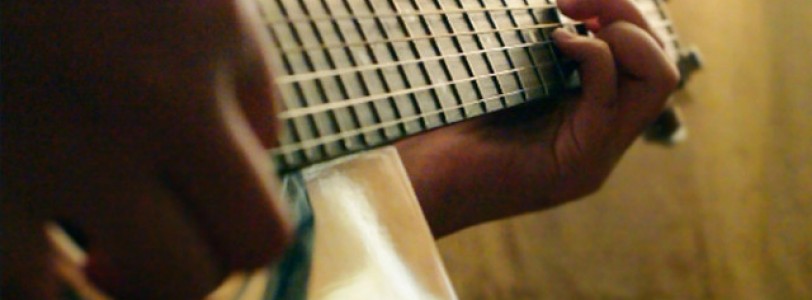

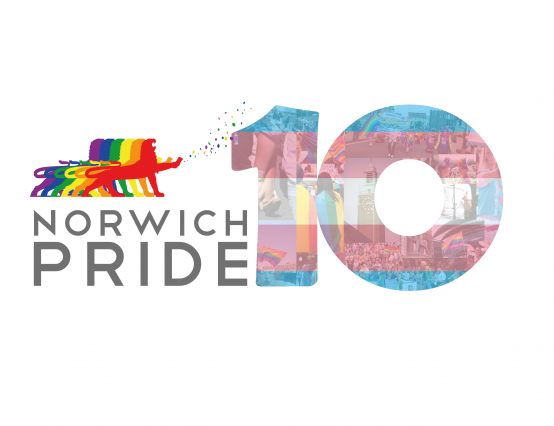
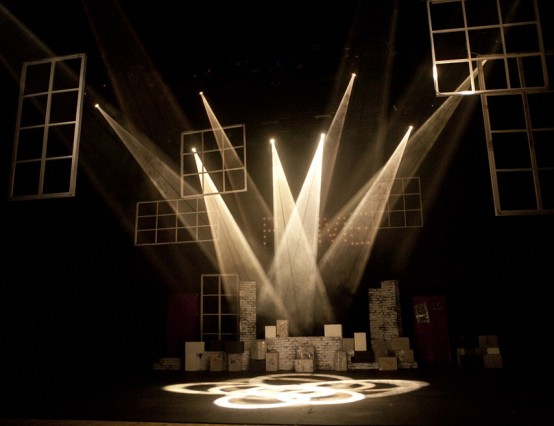
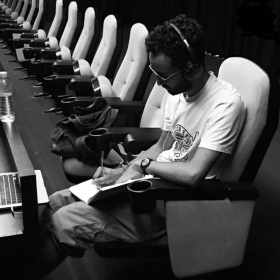
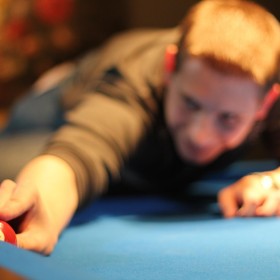

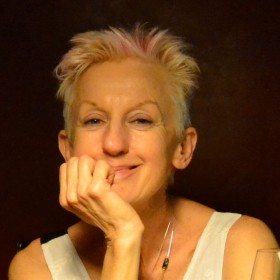



Luke, this is absolutely incredible. How bracing to read such a revealing and honest chronicle of the facts. There are such stigmas attached to the Autism spectrum and it's such an important place that art plays in remedying and developing understand both for people on the spectrum and people who interact with them. Another excellent read!